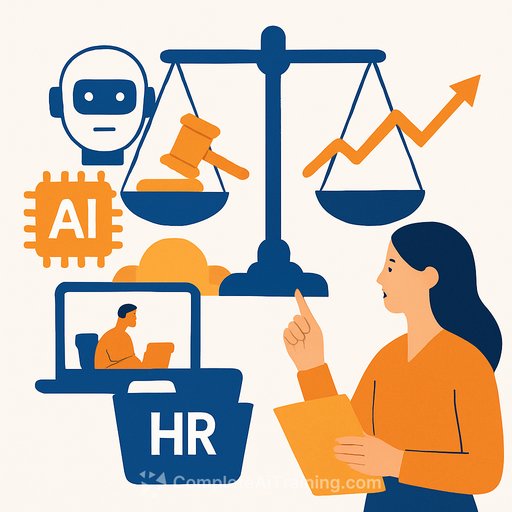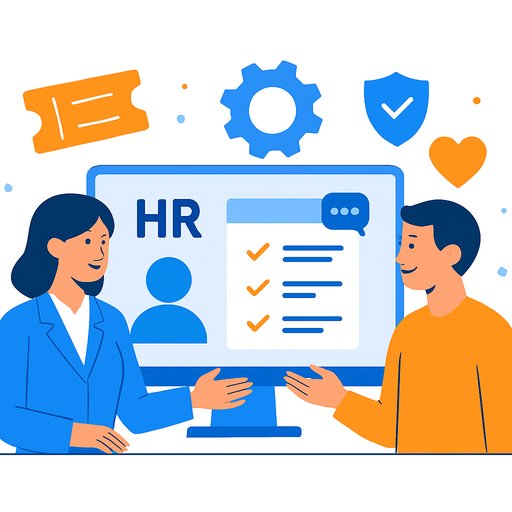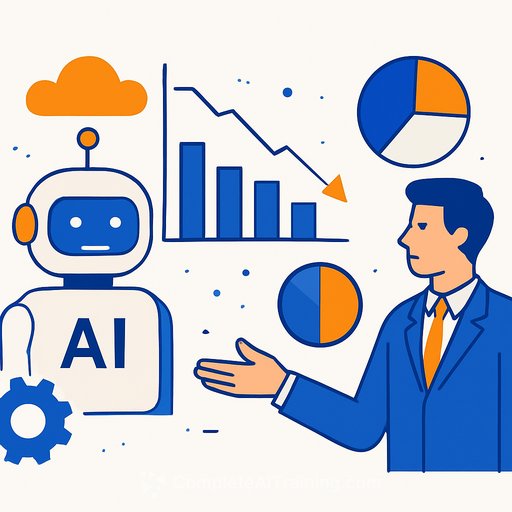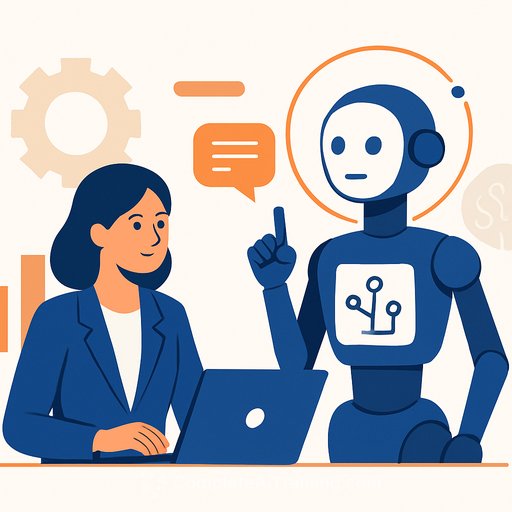Legislative Volatility, AI, and Remote Work: Key Challenges in Employment Law
The recent Society for Human Resource Management (SHRM) conference brought together over 20,000 HR professionals and 400 speakers to discuss the biggest trends impacting employment law today. From legislative shifts to artificial intelligence and remote work, the HR landscape is clearly in a state of change.
SHRM’s Chief of Staff Emily Dickens highlighted that the pace of change is overwhelming for many HR teams. The conference aimed to equip professionals with resources and guidance on handling these evolving challenges effectively.
Legislative Volatility
One of the core issues facing HR professionals is legislative volatility. Laws and enforcement priorities are constantly changing, creating uncertainty and legal risks for employers. David Amaya, Partner at Fisher & Phillips, pointed out that shifting definitions—such as those for independent contractors—and changes in agency enforcement add layers of complexity for businesses.
States continue to enact their own laws on topics like paid leave, often without coordination, forcing multi-state employers to navigate a patchwork of regulations. This inconsistency increases the need for localized legal counsel and adaptive HR strategies.
Diversity, equity, and inclusion (DEI) policies are also under intense scrutiny. Brandon Saxon from Gordon Rees Scully Mansukhani emphasized that DEI efforts have moved into a sensitive legal area. Employers in California especially face challenges balancing diversity goals with avoiding reverse discrimination claims. Documentation and neutral decision-making are now critical safeguards.
Mario Bordogna, Attorney at Bowles Rice, shared that employers frequently express frustration over constantly shifting priorities due to legislative changes. He stressed the importance of stability but acknowledged that volatility in regulations is likely to remain a persistent challenge.
Proactive vigilance is essential. Saxon advised that HR teams and legal departments must keep policies, handbooks, and training up to date to reduce liability risks. Monitoring federal and state enforcement trends will help employers stay compliant and prepared.
AI in the Workplace
Artificial intelligence continues to reshape HR functions such as applicant screening and productivity monitoring. While AI offers efficiency gains, it introduces new legal risks if not managed carefully.
Brandon Saxon warned that AI tools can unintentionally perpetuate bias or violate privacy laws. The Equal Employment Opportunity Commission (EEOC) has issued guidance to prevent AI-driven discrimination, and California is expected to implement stricter regulations soon.
David Amaya highlighted that AI trained on biased historical data might amplify discrimination against protected groups. Employers must prioritize risk management by auditing AI outcomes and ensuring transparency with employees and candidates.
SHRM promotes the idea that combining AI with human intelligence boosts results: “AI plus HI is the ROI.” HR professionals who learn to leverage AI effectively will be more valuable than those who do not. For those interested in developing AI skills relevant to HR, exploring Complete AI Training could be beneficial.
The Hybrid and Remote Era of Work
The pandemic forced a dramatic shift to remote and hybrid work models. These changes are here to stay, creating new challenges for HR and employment law compliance.
Mario Bordogna noted that the pandemic triggered irreversible shifts in workplace norms. Employers face ongoing difficulties encouraging employees to return to physical offices, while younger generations increasingly expect flexibility.
Brandon Saxon anticipates more legislation and litigation around pay transparency, retaliation protections, and remote work boundaries. California’s Civil Rights Department (CRD) is treating remote harassment and discrimination with the same seriousness as in-person incidents.
Whistleblower protections are also expanding, particularly related to COVID-19 leave, wage theft, and public health concerns. Saxon believes California will continue to lead with progressive employment laws that others may follow.
Employers who stay informed, compliant, and adaptable will be in the strongest position as these workplace transformations continue.
Your membership also unlocks:






